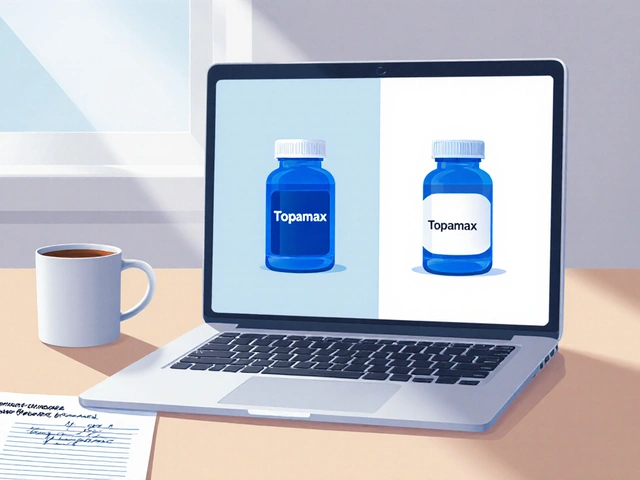Eye Health Supplements: What Works and How to Pick One
If you spend hours in front of a screen, love reading, or just want to keep your vision sharp, eye health supplements can be a handy side‑kick. They’re not magic pills, but the right blend of vitamins and antioxidants can support the delicate structures in your eyes and help delay age‑related changes.
Why Take Eye Supplements?
Our eyes need nutrients that we don’t always get from food alone. Lutein and zeaxanthin, for example, sit in the retina and filter out harmful blue light. Vitamin C, vitamin E, and zinc work together to protect cells from oxidative stress, which can speed up cataract formation. Studies show people who regularly consume these nutrients have a lower risk of macular degeneration.
Most of us get enough vitamin A from carrots, but the form used in eye supplements (beta‑carotene or retinal) is easier for the eye to use. Omega‑3 fatty acids, especially DHA, are a major component of the retina’s cell membranes; they help keep eyes moist and may reduce dry‑eye symptoms.
Bottom line: a well‑balanced supplement can fill the gaps in your diet, keep the eye’s antioxidant shield strong, and support comfort when you stare at screens for long periods.
Choosing the Right Supplement
Start by checking the label. Look for a product that lists lutein (10 mg or more) and zeaxanthin (2 mg or more). These two together give the best protection against blue‑light damage. If you’re over 50, add a formula that includes zinc (15‑25 mg) and vitamins C and E – they’ve been linked to slower cataract progression.
Pay attention to the source. Natural, plant‑based lutein from marigold flowers is more bioavailable than synthetic versions. For omega‑3s, choose a supplement that uses fish oil or algae oil with at least 200 mg of DHA per serving.
Watch out for extra filler or proprietary blends that hide exact amounts. You want to know precisely how much of each nutrient you’re getting. Also, verify that the product is third‑party tested for purity – heavy metals and oxidation can be a problem in low‑quality fish oils.
Lastly, think about any health conditions or medications. High doses of vitamin E can interfere with blood thinners, and too much zinc may affect copper absorption. If you’re unsure, a quick chat with a pharmacist or your doctor can clear things up.
In practice, many people start with a daily capsule that combines lutein, zeaxanthin, vitamin C, vitamin E, zinc, and DHA. If you notice dry‑eye symptoms, you might add a separate omega‑3 bottle or a tiny dose of bilberry extract, which some users say helps with night vision.
Remember, supplements are a boost, not a replacement for a balanced diet. Keep eating leafy greens, colorful fruits, and fatty fish whenever you can. Pair that with regular eye exams and the right supplement, and you’ll give your vision a solid chance to stay clear for years to come.
What Is Ophthacare? Complete Guide to This Eye‑Health Supplement
Discover what Ophthacare is, its key ingredients, who should use it, dosage tips, and answers to common questions about this eye‑health supplement.
View More




